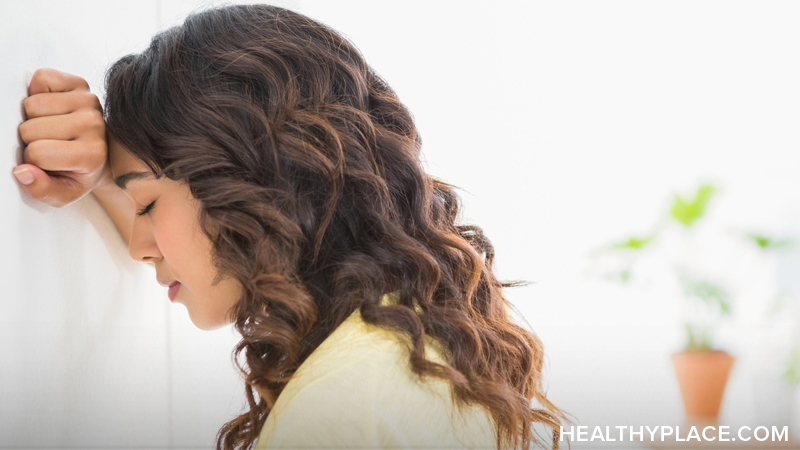Anxiety Treatment: How to Treat Anxiety

Anxiety treatment, using anxiety self-help strategies, works very well for those with mild to moderate anxiety. Living a healthy lifestyle represents your best defense against anxiety. If you don't eat right, don't exercise, drink too much alcohol, use illicit drugs, or don't engage in socializing and activities outside of your home, you're more likely to suffer from unpleasant anxiety symptoms, including anxiety attacks. Why not try to live a healthier lifestyle as a form of anxiety treatment, so you can avoid costly medications and doctor visits?
An Active, Healthy Life Is the Best Anxiety Treatment
Getting involved in activities where you'll meet other people represents the best anxiety treatment. You can help out at a soup kitchen, raise money for your favorite charity, or volunteer at your kid's school or your place of worship. This type of activity requires that you reach out to others, rather than wallowing in your own fears and anxieties. You'll meet other adults, some of whom may have anxiety about circumstances that wouldn't bother you at all. You can use this opportunity to help others through their issues, which will reduce your own anxious feelings and negative thoughts, in time.
Treating Anxiety with Exercise
Treating anxiety with exercise can provide relief for symptoms and has the added bonus of increasing your physical fitness (read about anxiety and high blood pressure). According to the highly regarded Mayo Clinic, located in Minnesota, regular exercise can improve anxiety symptoms as well as relieve depression.
Scientists aren't exactly sure how exercise relieves anxiety and depression, but they know it does relieve symptoms and may even prevent them from returning in the future. Some of the ways experts theorize that exercise helps relieve anxiety is by releasing endorphins (known as feel-good chemicals) in the brain, reducing certain chemicals associated with the immune system, and increasing body temperature, which has a calming effect on the body and mind.
Exercise also distracts you from your worries and breaks the cycle of negative thought processes that lead to anxious feelings. As you begin to meet your exercise goals, you gain self-confidence and a feeling of personal power. You'll feel better about your appearance as well.
You'll meet others on the running track, at the gym, or in yoga class. Sometimes all you need is a friendly greeting or nice smile to brighten your mood and calm your thoughts.
Lastly, exercise represents a positive way for you to cope with anxiety. It's far more effective in the long run, and infinitely healthier, than brooding about your fears and worries, or using drugs and alcohol to cope.
How to Treat Anxiety with Exercise
So the question isn't how to treat anxiety with exercise. It's more like: when and how do I start? The term exercise often conjures up thoughts of running laps around a quarter-mile track with a coach yelling at you to go faster. But exercise includes a variety of activities that will benefit your physical and mental fitness if done regularly.
Maybe you've always wanted to take yoga or have always wanted to try out a Zumba Fitness class. Or, perhaps you enjoyed basketball, lifting weights, or running in the past. If so, now is the time to take up one of these favorite activities once again.
Not really interested in any of those activities? Just about anything that requires you to get up and move constitutes exercise. If you love gardening, walking your dog, washing and detailing your car, playing in the park with your kids – or anything else that requires physical activity – start with that. Keep an exercise journal and record in it every physical activity you engage in each day. This will help build your confidence and increase the likelihood that you'll keep it up.
Eat healthily, exercise, socialize with others, and stay away from drugs and alcohol to have the best chance of successfully treating anxiety yourself.
(Note: For those who experience high levels of anxiety, getting anxiety attack treatment and learning how to prevent anxiety attacks is very important.)
APA Reference
Gluck, S.
(2021, December 20). Anxiety Treatment: How to Treat Anxiety, HealthyPlace. Retrieved
on 2024, November 20 from https://www.healthyplace.com/anxiety-panic/anxiety-information/anxiety-treatment-how-to-treat-anxiety



